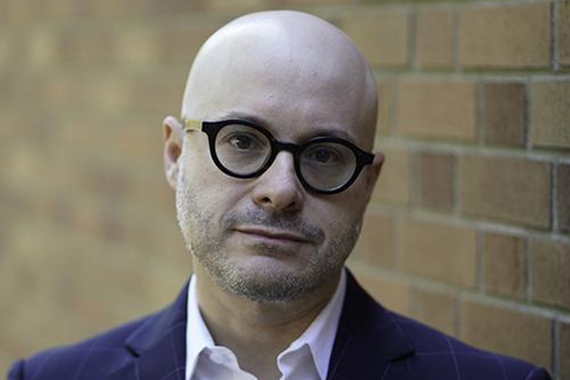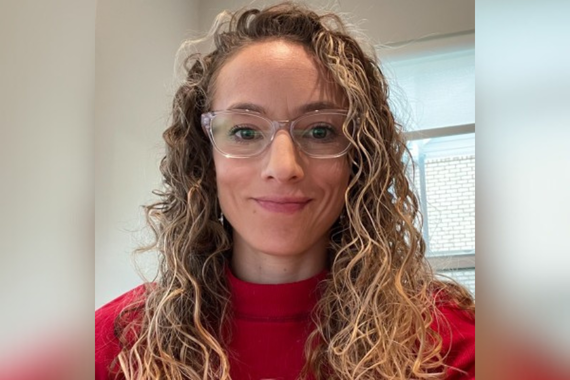Fellowship provides opportunity for interdisciplinary dissertation
Leah Costik, a fourth-year PhD candidate in the Department of Political Science, has been named a recipient of the 2023-24 Interdisciplinary Doctoral Fellowship (IDF).
The IDF provides a unique opportunity for outstanding PhD students engaged in interdisciplinary research to study with faculty at one of the University’s interdisciplinary research centers or institutes. During her fellowship year, Costik will have the opportunity to collaborate with the Interdisciplinary Center for the Study of Global Change (ICGC), which focuses on interdisciplinary perspectives, globally engaged scholarship, and recognition of the necessary connection of diversity and academic excellence.
The inherent interdisciplinary nature of ICGC was integral to Costik’s choice in applying to the research center. As a student in both the Department of Political Science and the School of Public Health, where she is pursuing a graduate minor in Global Public Health, Costik has enjoyed the interdisciplinary work between the two and wanted the opportunity to write a dissertation that was also interdisciplinary. To Costik, the IDF “seemed like it would be the best grounds to write an interdisciplinary dissertation.”
Additionally, by working with ICGC, she will have the opportunity to collaborate closely with her mentor, Dr. Dipali Mukhopadhyay, who is an affiliated faculty member at ICGC. This will be helpful, Costik explained, because “Dr. Mukhopadhyay has a lot of expertise in areas that we don’t necessarily have at our own department, so I think she’ll be able to really help me add a depth to my dissertation that I wouldn’t be able to before.”
Leah’s dissertation broadly looks at three areas: armed organizations, organizational dynamics, and medical care.
“When we think of state militaries, whether that be the Turkish, Korean, or American military, we know that they provide medical care to members of their organization. The same sort of research has not been applied to armed organizations, such as rebel groups, terrorist organizations, gangs, and the Mafia,” said Costik. “However, we know these groups are providing medical care to their members, and sometimes quite sophisticated care at that. My dissertation looks at armed organizations and the kinds of medical care they provide members of their organization, asks what influences or shapes this provision, and what consequences this provision has, both militarily and politically.”
Receiving the IDF will have a profoundly positive impact on Costik’s research and graduate school experience. “In a lot of ways it’s the gift of time,” said Costik. With the IDF, she won’t have to worry about splitting her time and attention between being a TA and researching for the year. Additionally, by having more time and no TA responsibilities, Costik has the opportunity to leave for field work more easily.
Costik is also excited to work in a shared office provided by the ICGC, as it will give her the chance to be around people whose areas of study are vastly different from her own and share her excitement for interdisciplinary research.
To any graduate student thinking about applying for the IDF, Leah’s biggest piece of advice is to have a professor in a completely different department whom you trust read your research proposal. The reviewers for the IDF are from a wide range of departments, so it is helpful to ensure your proposal can be understood from someone outside of your department. When Costik asked a professor outside political science who knows about her dissertation topic to read her proposal for feedback, the professor “pointed out things that she thought I should emphasize much more than I would have done otherwise,” reflected Costik. “In the end, the feedback was very helpful and strengthened the proposal.”
Additionally, since applicants are required to boil their dissertation down to two pages, Costik believes the process of applying for the IDF is an exercise that will greatly benefit any graduate student.

